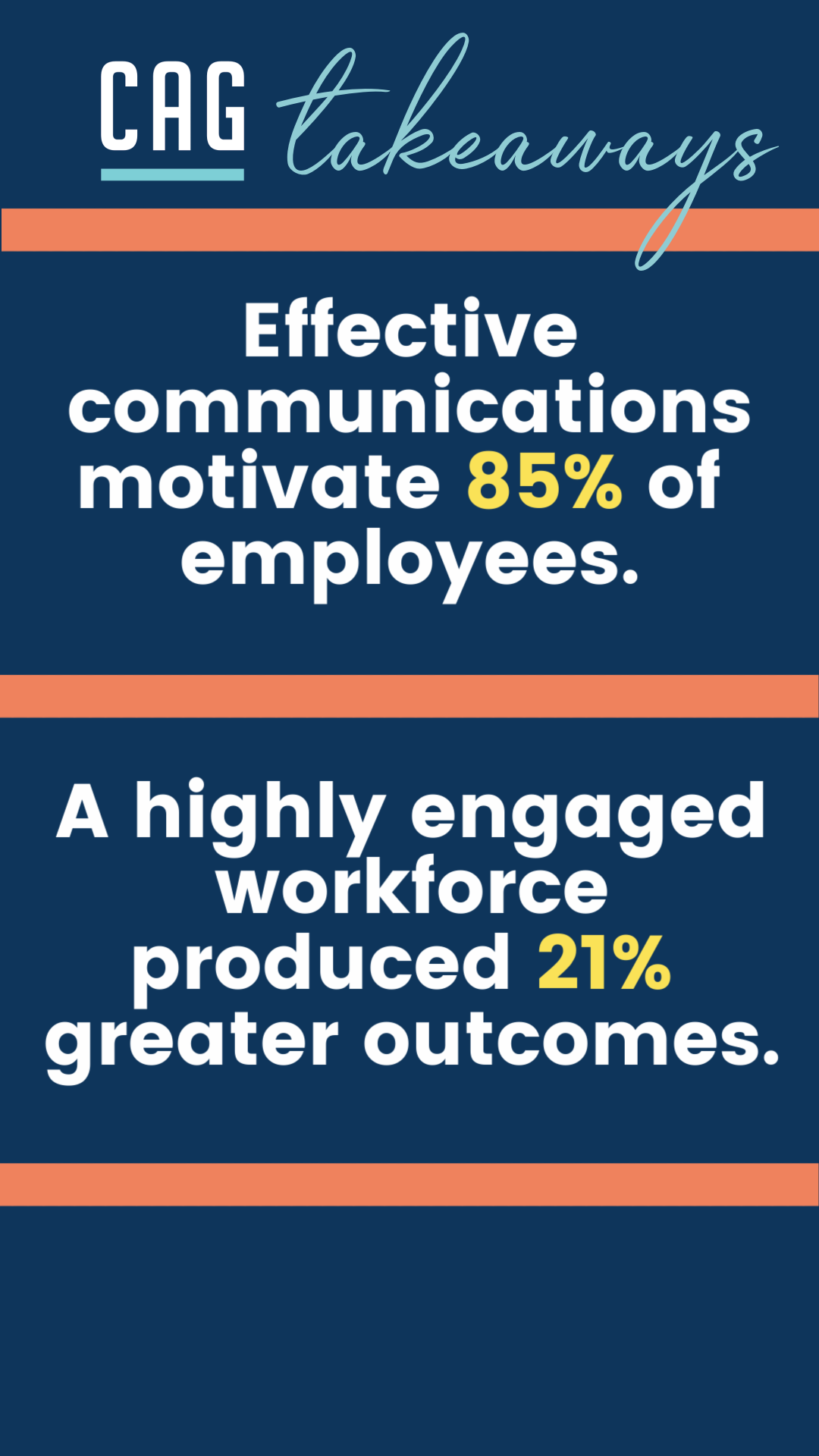
Do you need a strategic plan?
Everything you could ever want to know about running a business is mostly online these days, so do you need a strategic plan? Like, for real?
If I had a dollar for each time someone asked me about whether or not planning (of any variety) was really necessary, I’d be rich by now. Let me walk you through the three (3) biggest reasons I’ve always been a strong proponent of strategic planning and why you really do need a strategic plan to help you with your business or non-profit organization. Honest.
#1 YOUR TIME IS PRECIOUS—YOU CAN’T AFFORD TO WASTE IT
One of the biggest things that is going to guide how your business or organization thrives is where limited time is invested. Do you focus on Priority A or Priority B? Both are urgent. But are they both equally important? How do you decide? Your strategic plan is the answer. If you revert back to your plan and remember the mission, vision and strategies you’ve already decided are most important to you and why, prioritizing your time to decide between A and B becomes much easier. This is probably the biggest reason you need a strategic plan.
But, what if you can’t avoid Priority A and B and if the decision isn’t so simple? That leads me to my next point.
#2 YOUR FUNDS ARE LIMITED—SPEND CAREFULLY
At times, you’ve got to deviate from your plan because things change that are outside your control. This will most definitely happen the longer you’re in business or the more often you’re responsible for leading a project or group. So having practiced leadership skills for making strong decisions quickly will serve you repeatedly. Often that decision-making situation comes with unplanned expenses too. So what do you do?
You go back to your strategic plan again. Deciding where to invest becomes more apparent the more you can clearly show how your new choices are aligned with your strategic planning process. This is probably the second biggest reason you need a strategic plan. It will help you avoid wasted time and money, and those are probably two of the most critical skills for solid leaders and successful businesses.
As a leader, you may also be tasked with deciding how others spend their time, and that brings me to my third point.
#3 YOUR TEAM’S FOCUS SHOULD BE WELL-DEFINED
Not only will you be balancing your own time and budget as a leader, entrepreneur or project manager, but you’ll also likely be responsible for setting the pace and focus of other team members too. How do you know you’re doing it correctly? You guessed it…you look back to that good ol’ strategic plan.
In more complex work environments, this can sometimes be called a “Pay for Performance” or “Variable Pay” program. However, you need not have a large, formalized compensation structure to understand the importance of tying your business objectives to the focus of your team’s work. This is another critical reason you need a strategic plan.
When everyone involved in a project or organization can clearly see how their daily work is tied to achieving an overall goal, it makes deciding where to focus attention much simpler. It also helps individual contributors immediately see why their work is important and how they help participate in something larger than themselves.

In case you need further proof that this matters, check out these employee engagement stats HR Cloud assembled:
- Effective internal communications motivate 85% of employees to become more engaged in the workplace. When managers share company news and other relevant information regularly, employees feel motivated to achieve the mission, vision, and goals. When you raise their awareness of your goals, they will be more engaged with your customers as well. (Trade Press Services)
- A highly engaged workforce can mean better outcomes. According to a Gallup report on employee engagement, companies with a highly engaged workforce have 21% higher profitability. They also have 17% higher productivity than companies with a disengaged workforce. Engaged employees are motivated to complete their tasks on time and successfully and go the extra mile to reach their goals and objectives. They’re better at meeting customers’ needs, which leads to more sales and higher revenues.
STRATEGIC PLANNING AS A BUSINESS TOOL
In conclusion, the strategic plan is the guiding light. It helps leaders weather the storms of difficult decision-making periods where there’s too little time, not enough resources and when the team is already maxed out. It takes some of the burden away from needing to start the decision tree all over again from the beginning because you’ve already done a lot of the heavy lifting during a less stressful time when you could think more clearly.
This is why you really do need a strategic plan. It saves you from yourself when you’re panicked, tired and overwhelmed. I often recommend leaders post their strategic plan nearby so they can reference it often and remind themselves what they want to achieve and how they planned on getting there. It can often offer a great deal of comfort. (It’s also a great way to see the progress you’re making.)
Do you need a strategic planning advisor to help you create your first plan? Give us a buzz. We may be able to give you the courage to get going on achieving your dreams and taking that first, big step.
Further Reading
Strategic Planning

Who Should Be Involved in Strategic Planning?
After you’ve learned more about strategic planning and whether you need a strategic plan of your own, you might start...
Marketing Strategy

Creating Your First Marketing Strategy – Free Template
Creating your first marketing strategy involves documenting the steps and ideas necessary to achieve your marketing...
Leadership

Courage & The Heart of Daring Leadership: Daring Leadership Series Part 2
Courage is the heart of daring leadership. So why is it so difficult to lead in a courageous way? In a...
Business Tools

Writing Your First Business Plan – Free Template
Writing your first business plan is one part knowledge, and another perseverance. Modern sentiment suggests that as an...
